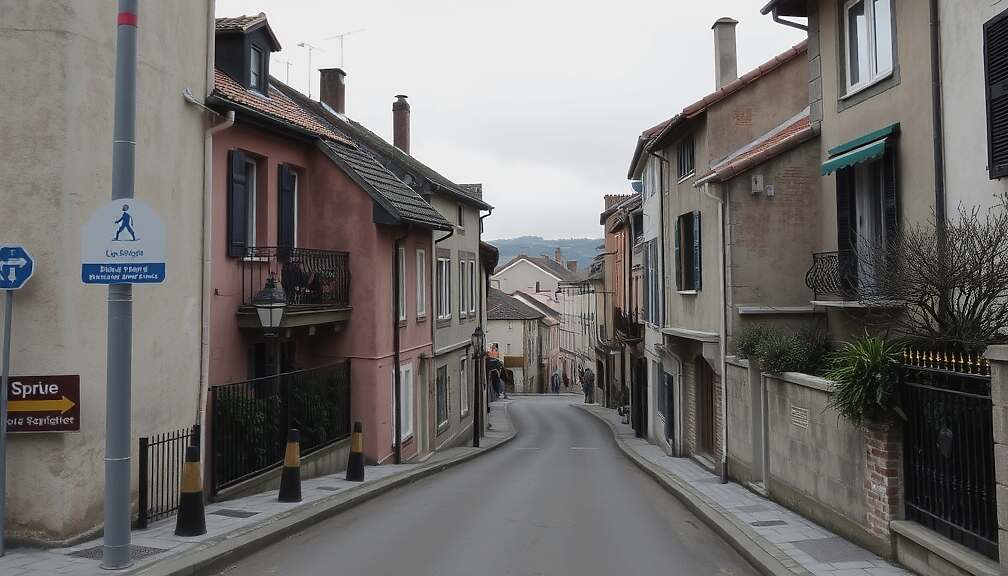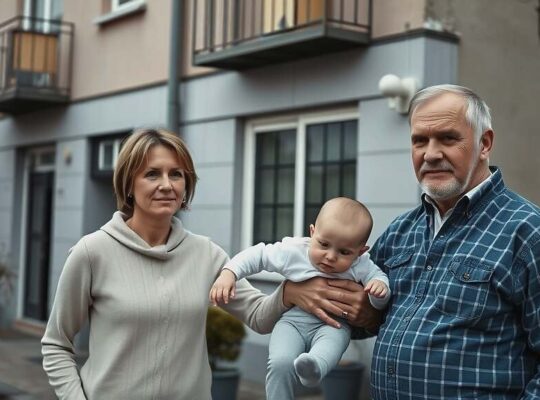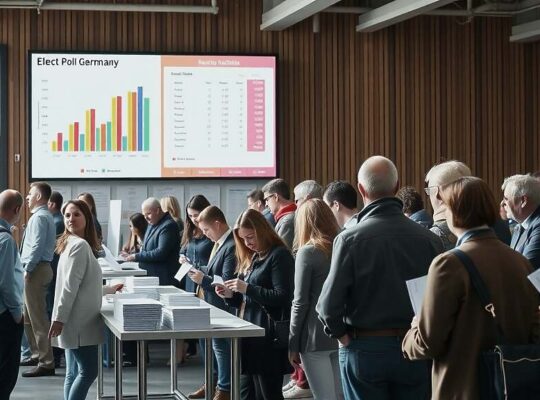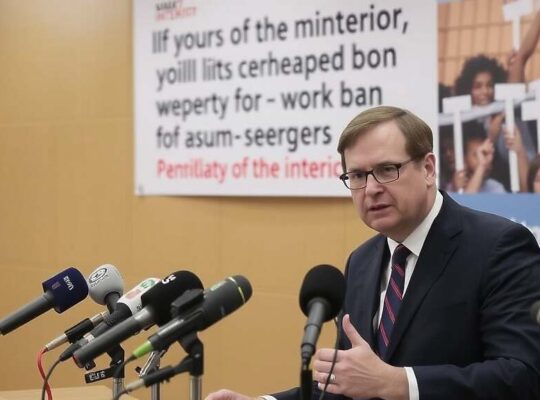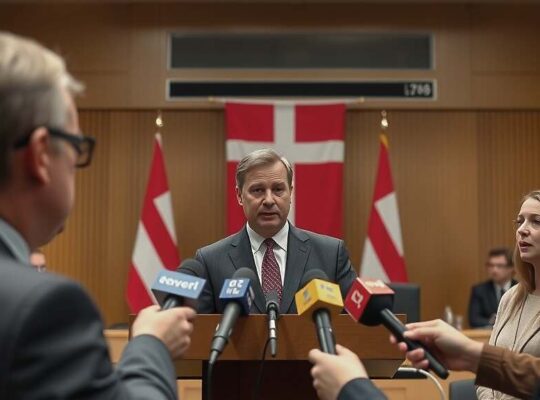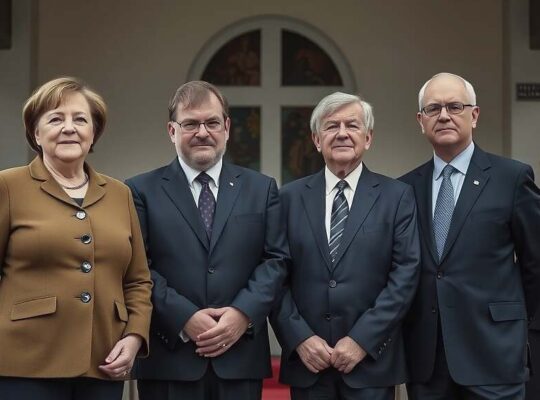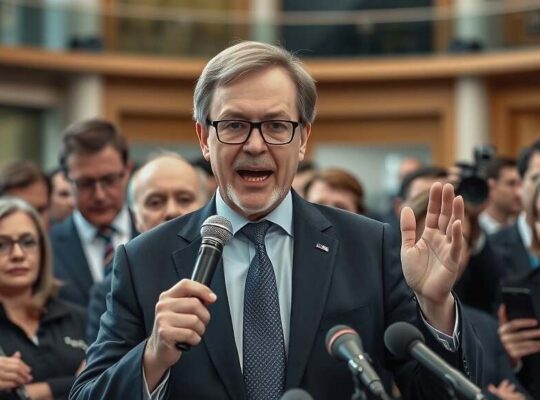The debate surrounding Germany’s Building Energy Act (GEG) has intensified with prominent figures within the conservative Christian Democratic Union (CDU) openly rejecting prescriptive regulations on private heating systems. Michael Kretschmer, Deputy Chairman of the CDU and Minister President of Saxony, has voiced strong opposition to state intervention in individual heating choices, arguing that citizens should retain the autonomy to select their preferred energy sources.
In remarks published across the Funke-Mediengruppe newspapers, Kretschmer asserted that citizens should be free to choose between options like oil, gas, pellets, heat pumps and solar installations without government mandate. He warned that imposing specific heating technologies infringes upon fundamental freedoms, drawing a line at state overreach into personal living choices.
Kretschmer expressed confidence that widespread adoption of renewable technologies like solar panels and heat pumps will occur organically, fueled by individual incentives and evolving consumer preferences. However, he acknowledged that certain circumstances render such installations impractical or impossible, suggesting a need for a more flexible and nuanced approach within the GEG.
The Saxon Minister President’s stance highlights a growing tension within the German political landscape. While the government aims to accelerate the transition to climate-friendly heating and reduce carbon emissions from the building sector, critics argue that overly rigid regulations risk alienating voters and undermining the very goals they intend to achieve.
Kretschmer’s call for a “return to normalcy” and a focus on “security and a coherent heat planning process” signals a potential shift in the ongoing legislative discussion. His intervention raises questions about the feasibility of the current GEG framework and whether compromises are needed to ensure both environmental sustainability and broad public acceptance. The debate now centres not only on the technical aspects of heating technology but also on the delicate balance between government policy and individual liberties.


